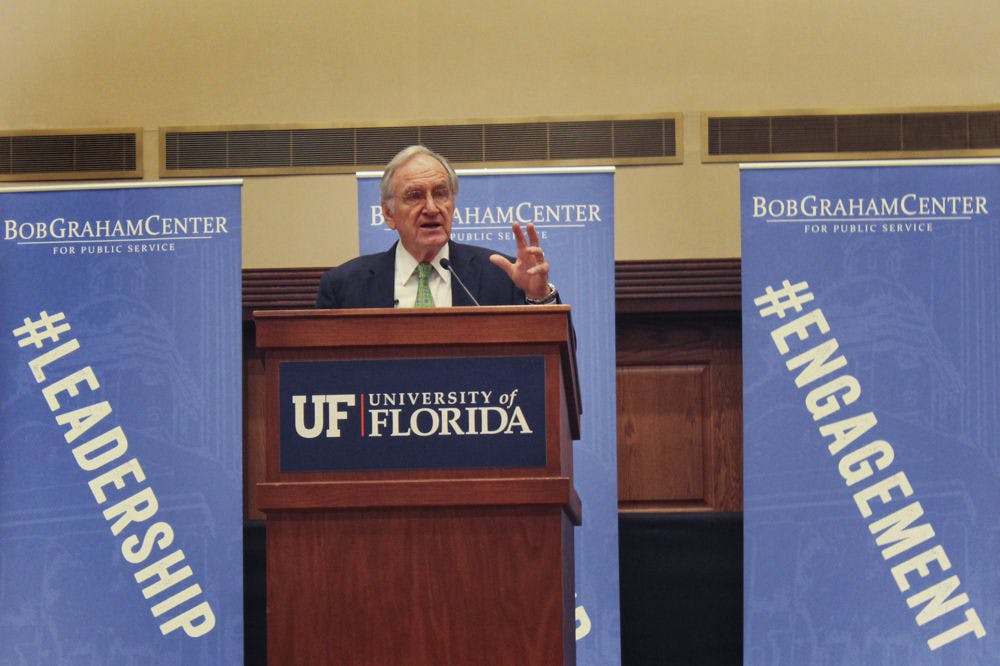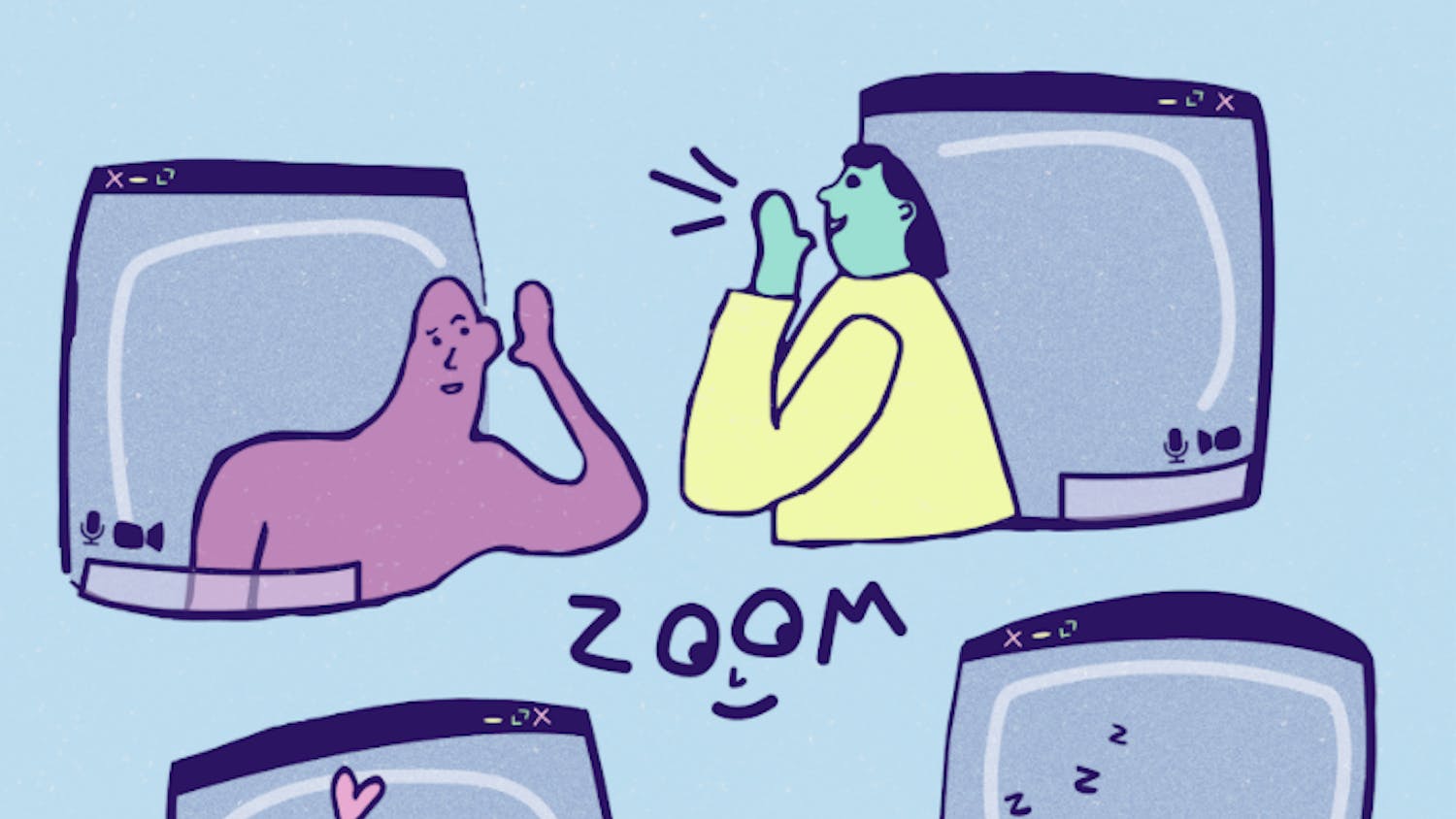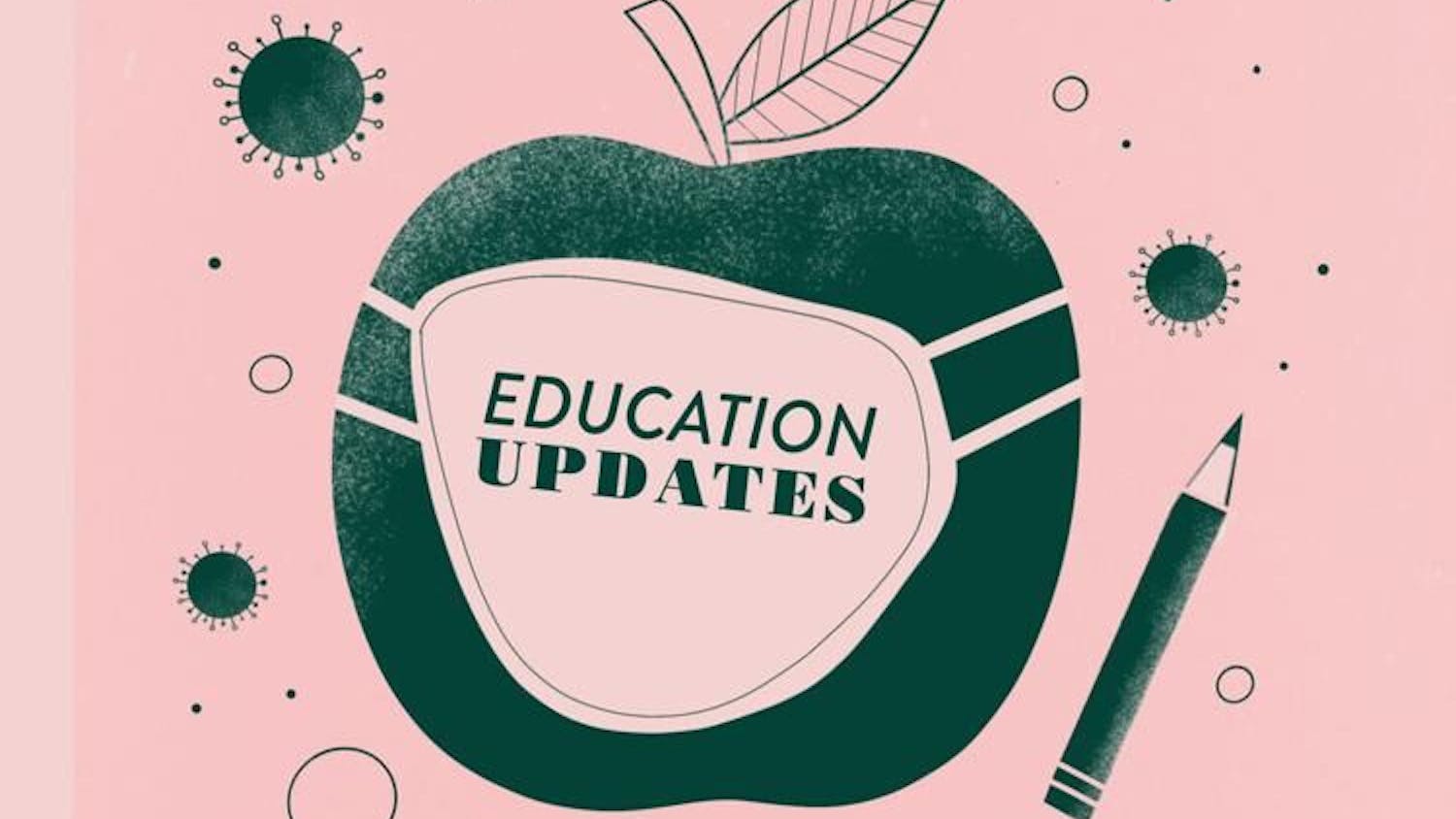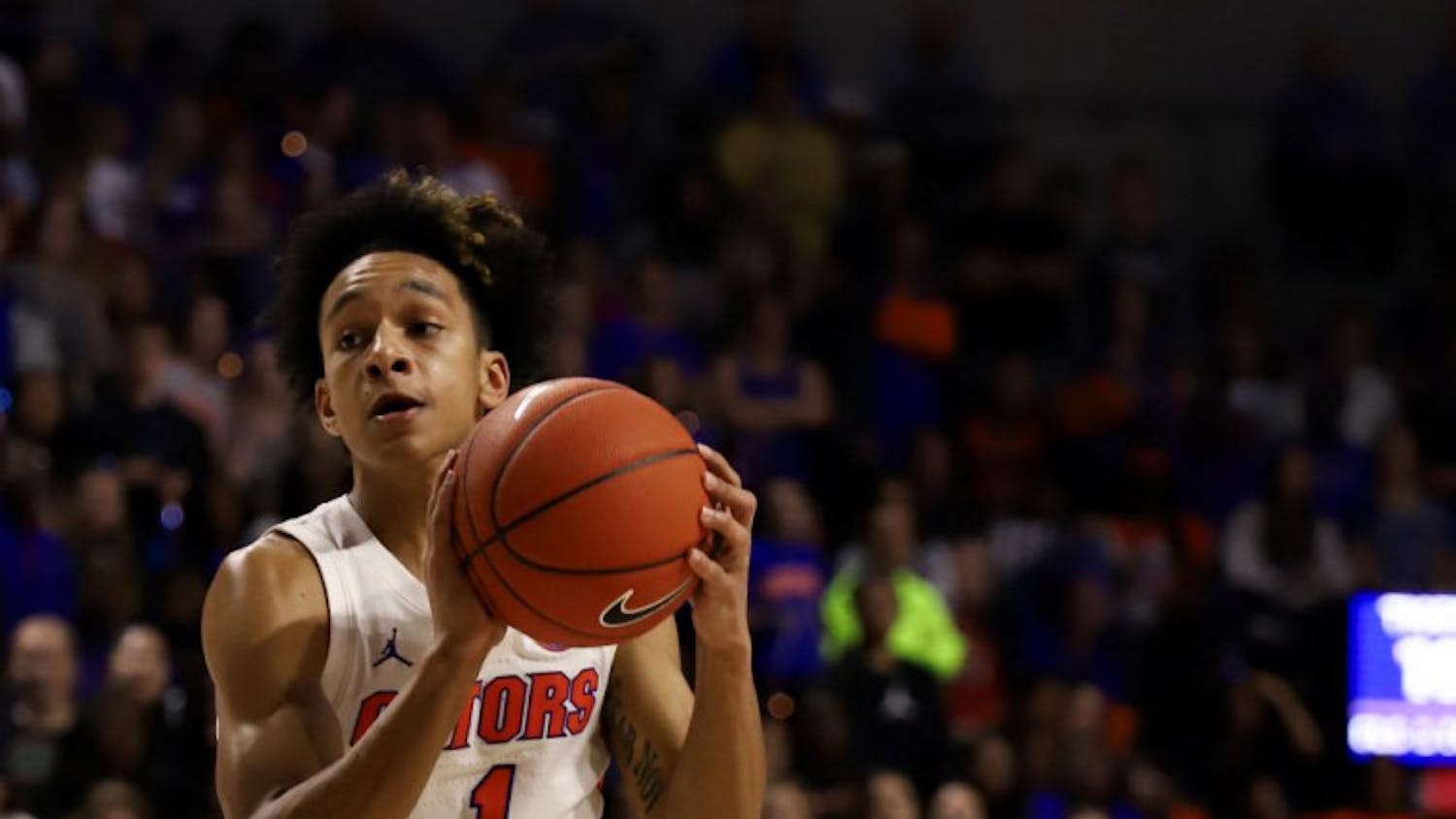For former Sen. Tom Harkin (D-Iowa), the approval of the Americans with Disabilities Act was a family matter.
In the Reitz Union Grand Ballroom on Tuesday night, Harkin described his role and investment in the act. He was its chief sponsor, and he shared family stories about his connection to it to an audience of about 450.
The act was signed into law July 26, 1990. It prohibits the discrimination of persons with disabilities in the workforce, public transportation and commercial facilities, Harkin said.
One of his inspirations for passing the act was his older brother, Frank Harkin. His brother attended the Iowa School for the Deaf and Dumb, Harkin said.
"I remember my brother coming home and saying, ‘I may be deaf, but I’m not dumb,’" he said.
He said those with disabilities were strong advocates for the bill.
"We see a lot of pictures of the great Civil Rights Movement," Harkin said. "But we’re not that familiar with the pictures of people with disabilities."
Those people who protested, laid in front of buses and chained their wheelchairs together across Constitution Avenue in Washington, D.C., during rush hour traffic made the bill possible, Harkin said.
He said there is still work to do today, including ensuring economic self-sufficiency and de-institutionalization for those with disabilities. He also said the U.S. Senate should pass the United Nations Convention on the Rights of Persons with Disabilities. The United States is one of the few countries that hasn’t signed it.
At the end of his speech, Harkin taught the audience the American Sign Language sign for "America." Everyone interlocked their fingers and moved them in a circle.
"Think about it," he said. "We’re all interlocked together, no one’s left out, in a constant circle of life."
UF history professor Steven Noll said without the ADA, small things like UF’s Disability Resource Center and Cypress Hall would not be possible.
"It’s an important part of our history and an important part of our struggle for equality," Noll said.
Harkin’s speech was personal for UF applied physiology and kinesiology freshman Mikayla Ryder.
The 18-year-old said her life could have been a lot different if not for the ADA. She’s visually impaired, but she said UF’s campus is very accessible for her.
Like Harkin, Bryan Boggiano’s family is positively affected by the ADA. Both Boggiano, a UF anthropology sophomore, and his cousin were diagnosed with autism.
"I feel like people with disabilities are the largest group of underrepresented minorities," the 19-year-old said.
Tom Harkin speaks in the Reitz Union Grand Ballroom on Oct. 20, 2015. He talked about the impacts of the Americans with Disabilities Act, saying it “opened up the Court’s doors” to people with disabilities.






